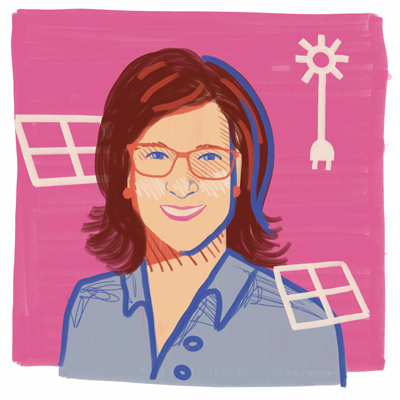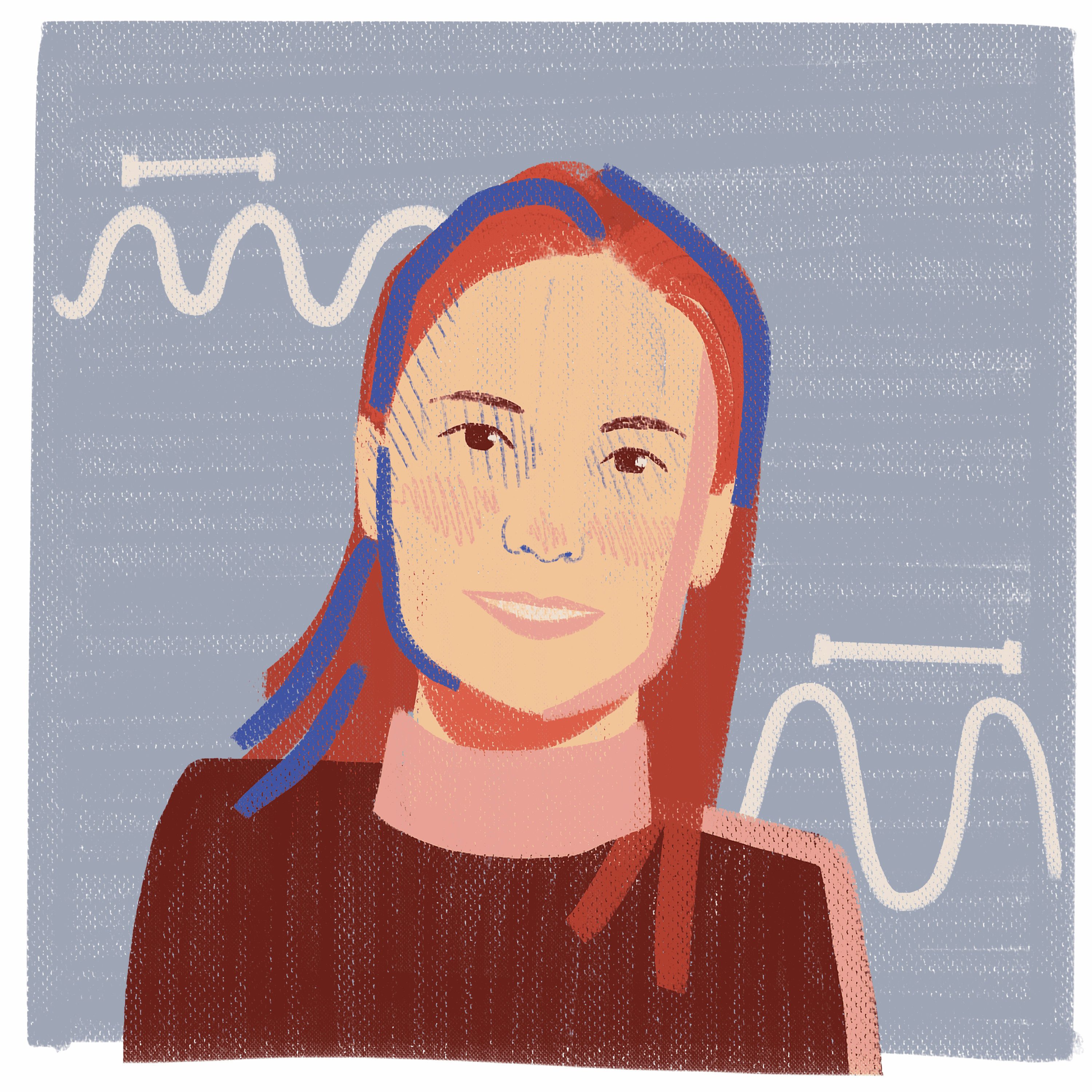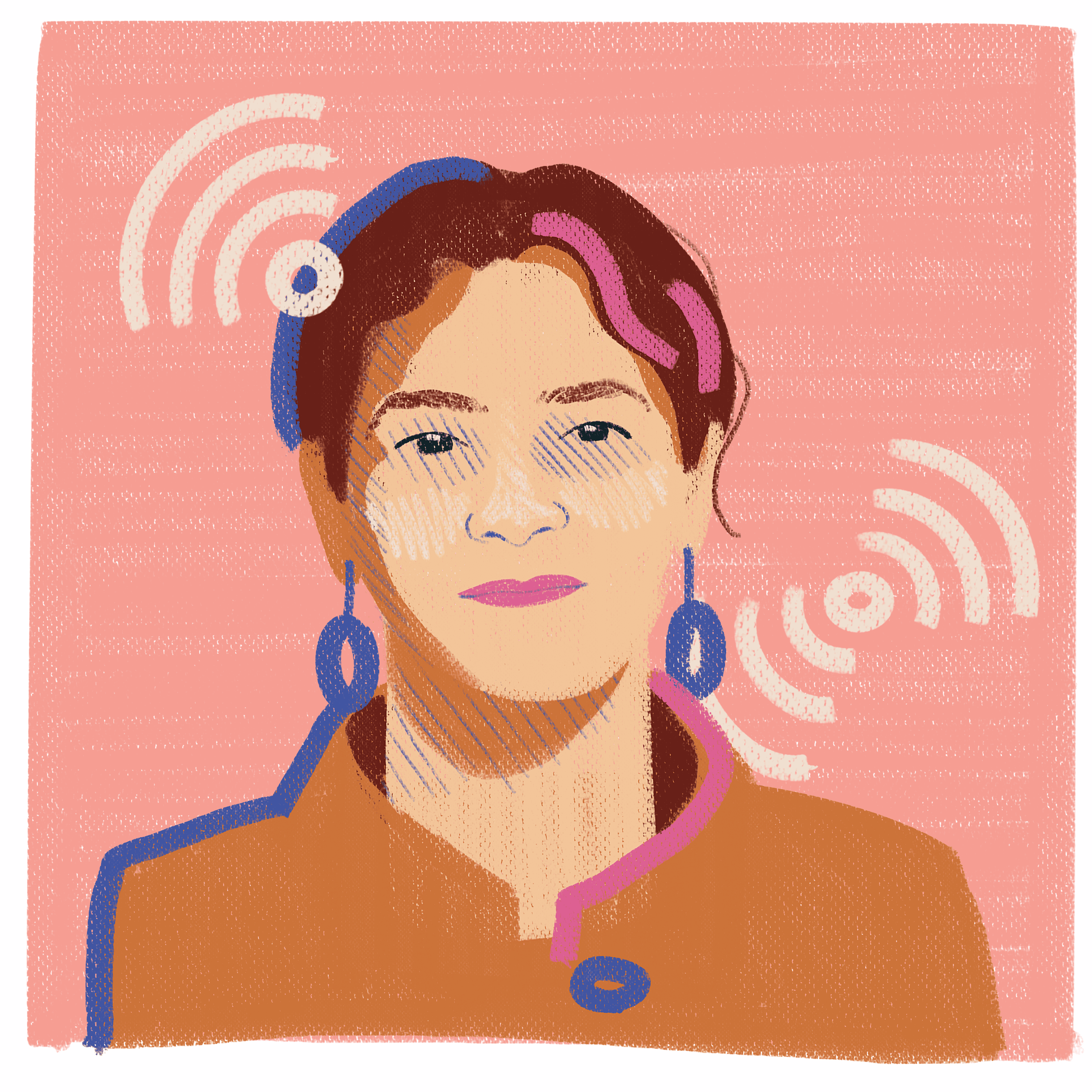Professor Izete Zanesco

Izete Zanesco is a PhD in Photovoltaic Engineering. She holds a MsC in Energy Engineering and a BA in Physics. She is currently a CNPq fellow. She does research on solar cells, photovoltaic modules and photovoltaic systems. She coordinates and participates in production and development projects funded by companies in the energy sector, FINEP and CNPq.
Izete became interested in solar energy applications while she was working on her college degree in Physics. She then went on to work on her Master’s in that area. After that, she began her doctoral studies in Spain, as there were no PhD programs in the area of photovoltaic solar energy in Brazil. Her dissertation was on photovoltaic modules with concentration of solar radiation.
Izete is currently a Full Professor at the School of Technology of PUCRS and teaches in the Graduate Program in Materials Engineering and Technology (PGETEMA). She advises both undergraduate and graduate students. She also coordinates, with Dr. Adriano Moehlecke, the Integrative Research Group on Solar Energy Technology (NT-Solar) of the School of Technology of PUCRS.
Izete developed the Pilot Plant for the Production of Photovoltaic Modules with National/CB-Solar Technology, coordinated together with Dr. Adriano Moehlecke. The initiative won the II Best Universities Award, in the Innovation and Sustainability category, in 2006. She was also nominated for the Claudia Award by Editora Abril, in the category Science, in 2011. On top of that, she contributed to the development of the most efficient solar cell produced in Brazil, in 2017.
The researcher has published more than 150 articles in international and national journals and attended conferences in the field of photovoltaic solar energy. She has applied for 8 patents. The professor has been a member of the Brazilian Solar Energy Association (ABENS) since 2003 and of the International Solar Energy Society (ISES) since 1998. She is the co-founder of the Rede Brasileira de Mulheres na Energia Solar (MESol).
The way she sees it, it is necessary to encourage more women to stay in STEM and inspire girls to pursue a career in this area. “Because STEM is dominated by men, women are sometimes discriminated against. We need to encourage them for the capacity and sensitivity that women have when working in these areas”.


